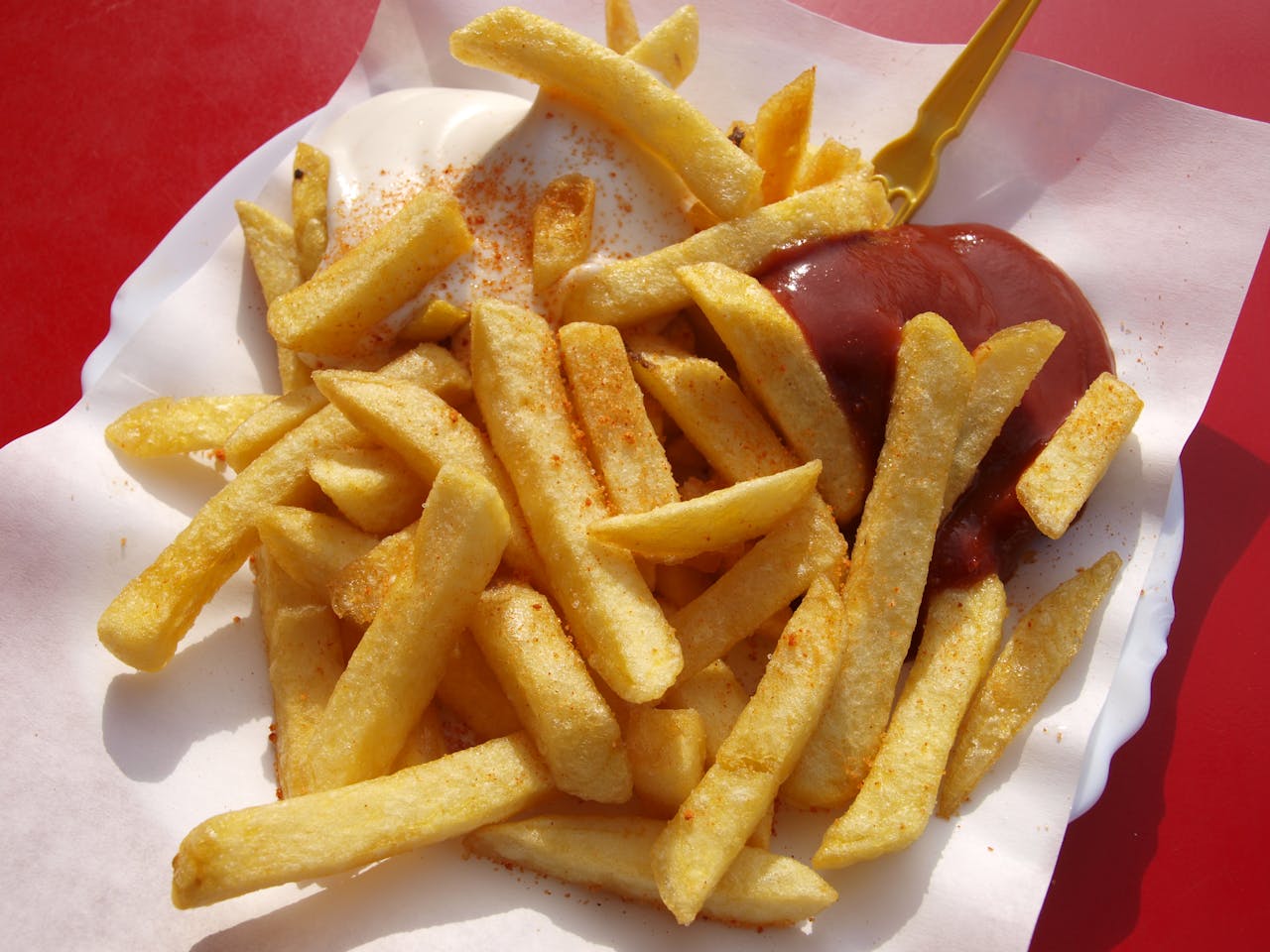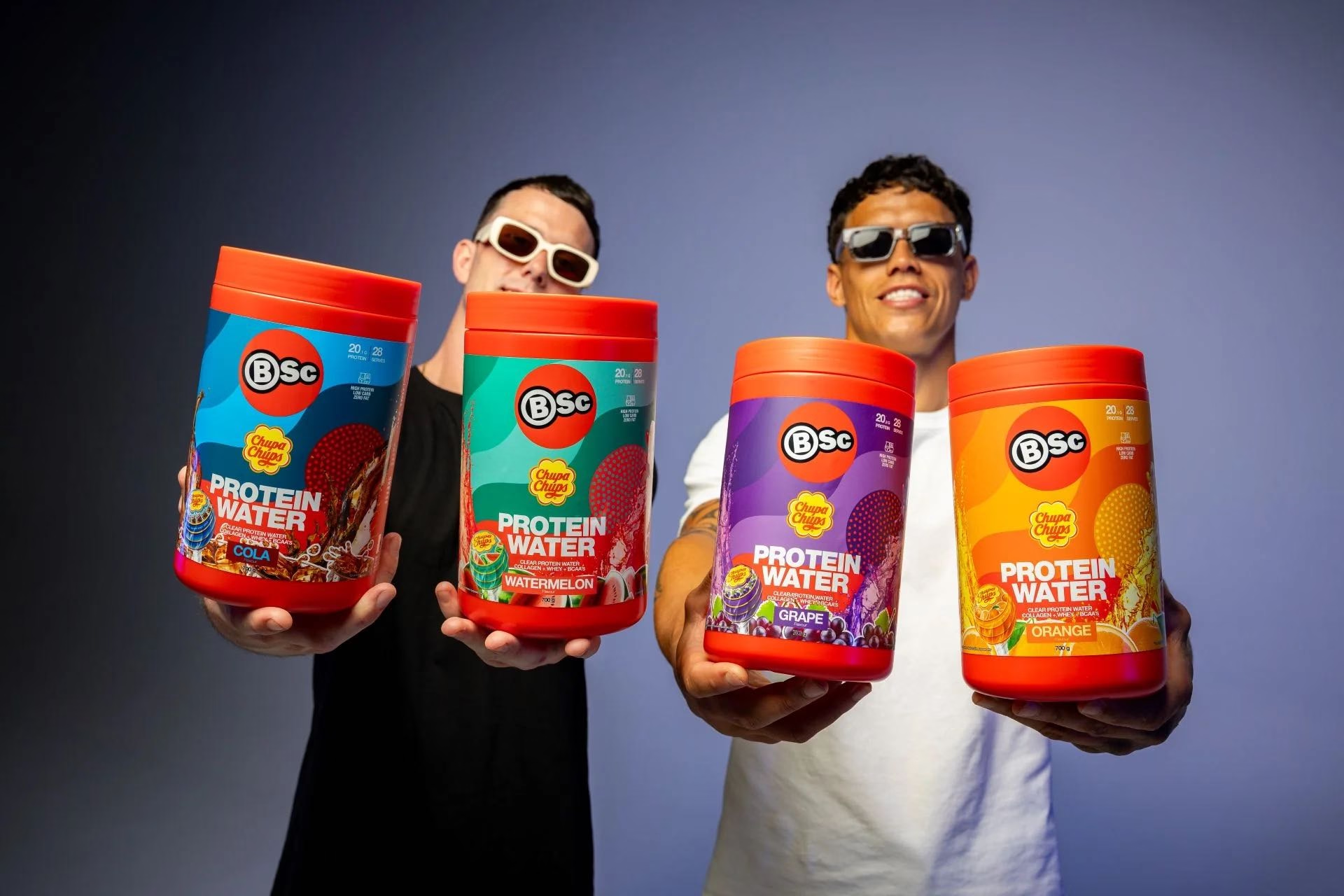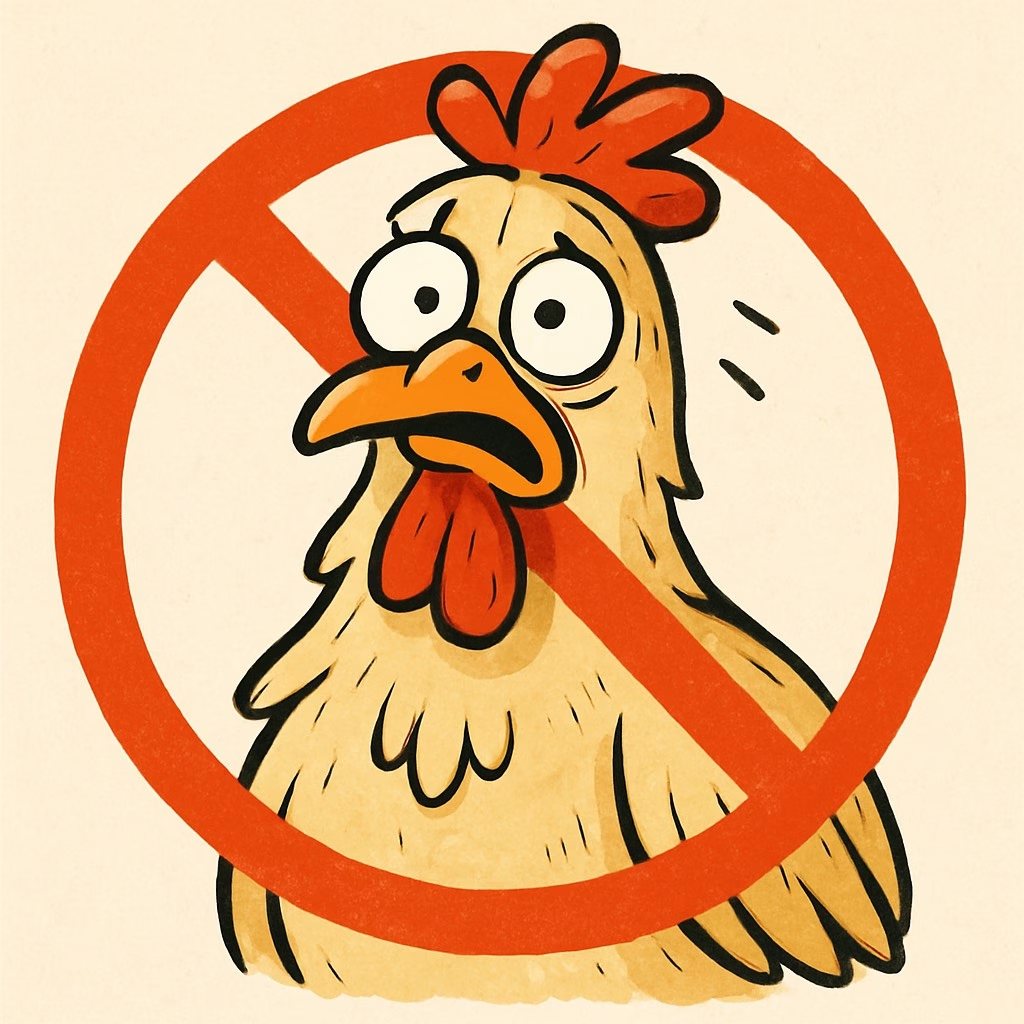A few years ago, I was considering writing a weight-loss book specifically for guys, and as I was working on a TV series at the time with Marc Ellis, a super-fit former All-Black of the 1990s, I ran the idea of mastering willpower by him. “There’s no way you could turn that into a book,” he smiled, looking at me as if I was an idiot.
“Why the hell not?” I replied. After all, I intended to delve into the psychology and physiology of the issues, to analyse the addictions and dissect the behaviours that lead us guys to live large, rather than healthy. I was going to blow the minds of blokes who struggle with their weight with my well-researched and personally tested manual that would finally reveal the greatest secrets to slimming. Instead, Marc blew my idea out of the water.
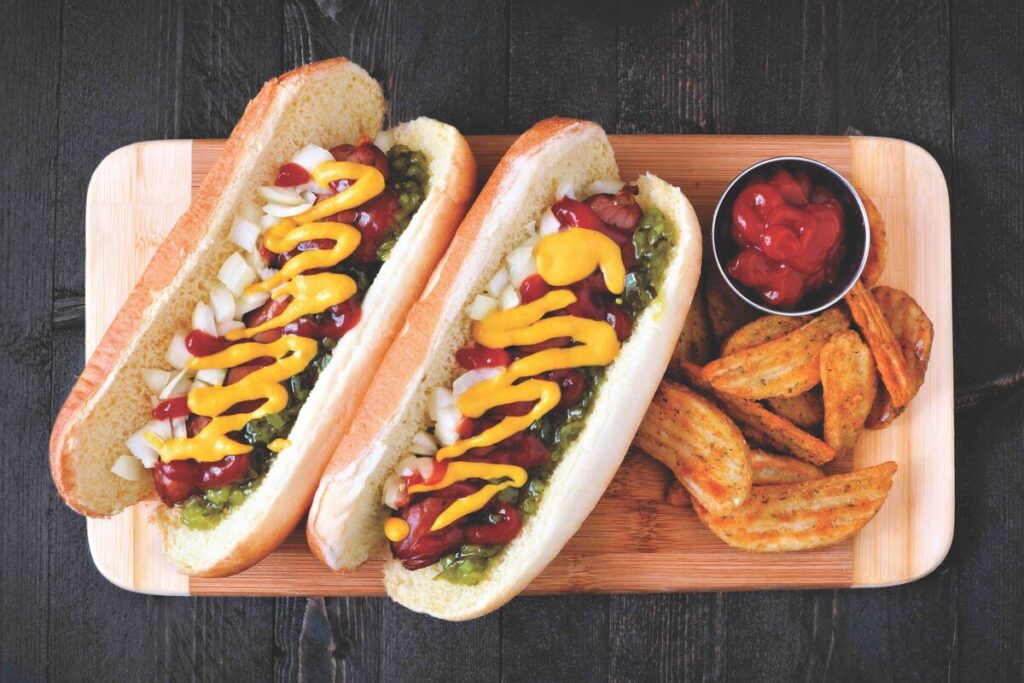
“Do you want to know the one, single secret to male weight loss?” he asked. “Do you want to know the only message that should be placed on every single page of this book you’re writing? The message is pretty simple: ‘Shut your bloody mouth and stop filling it with so much crap’.”
It was fine advice, and led quickly to a mental note to get well and truly away from Marc before eating the chocolate bar I’d brought to work that day. But it did flag a greater reality: that health, fitness and weight loss is all about the ability to say no – it’s all about willpower. The flip side, of course, is that an inability to say no is an incredibly dangerous and damaging problem.
“Picture a rider on an elephant that is walking along a path,” says Dr Adam Fraser, a behaviour-change expert specialising in psychology and physiology and co-author of The Good Enough Diet (Wiley, $29.95), when I call to begin investigating the topic. “The rider is the willpower. The elephant is the emotion. The path is the environment in which they exist. This is a similar model to us humans, where the weakest part is the willpower. If the elephant doesn’t want to go somewhere, the rider can pull as hard as they want, but the elephant just won’t go. If I want chocolate, my willpower can only exert so much force.”
Fraser tells me recent academic research has proven that we only have a certain amount of willpower, and during each day that willpower tires, it loses energy, just as our bodies do. So when we come home stressed and tired from a hard day’s work and consider going to the gym, then we peruse the contents of our fridge/freezer – beer, chocolate, leftover pizza, ice cream etc – we’re far less likely at such a time to be able to make the decision that is right for our own health.
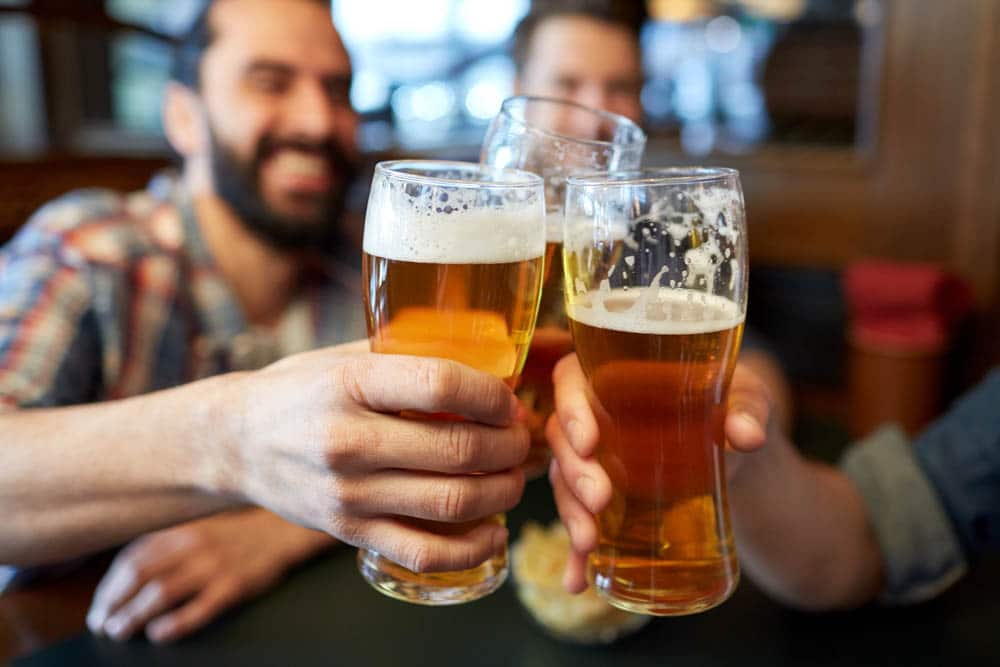
Gavin Freeman, founder of The Business Olympian and a psychologist who has spent much of his career working with elite athletes, agrees that willpower by definition has very little to do with staying power. The important ingredient to make willpower succeed in the first place is motivation, which is at the core of willpower. Motivation, he says, empowers our ability to stick with a task in the face of adversity.
“One of the greatest variables in predicting pain tolerance is not strength, it’s goal orientation,” he explains. “If you can keep your mind focused on something else, then the pain and discomfort associated with a task can be minimised. So the level of fixation that somebody has on their goals is a greater predictor of pain tolerance than actual strength.”
One final nail in the coffin of willpower comes from Daniel Akst, author of We Have Met The Enemy: Self-Control in an Age of Excess (Scribe: $32.95), who tells me human beings were not made to have great willpower as, in times of scarcity, it did not serve us well. But we no longer live in times of scarcity and, as Akst points out, roughly two-thirds of America’s population is now overweight. In Australia, Fraser tells me, around 61 per cent of the population is overweight, compared to 27 per cent in 1980. But all is not lost, we can turn things around and make willpower work for us, Akst says. “We can take this problem out of the realm of willpower and into the realm of skill and use certain techniques to help ourselves in this department.”
So what are those techniques? And how do they work, exactly?

Mastering Willpower: Making It Work For You
“A journey of a thousand miles begins with the first step,” Akst begins. “Don’t try to do everything at once. Pick one thing – so you’re out of shape and overweight and you don’t exercise enough and you smoke. Maybe start by quitting smoking. Tell everyone you know that you’re going to quit smoking and give them the start date. Make a big deal about it so you will be too embarrassed to turn back. If you want extreme results, give a friend $1000 in cash and tell them that if you smoke in the next six months they can keep the money.”
“Make sure the goal has some sort of meaning to you, including an outcome that is important to you.”
Freeman says this is great advice for self-motivation as it ensures some sort of personal accountability. “The biggest mistake most people make is not sharing their goals,” he says. “They keep the goals to themselves and then wonder why things go pear-shaped. Sharing your goals is your best step in helping you to achieve them. But you also have to make sure the goal has some sort of meaning to you, including an outcome that is important to you. You don’t just want to lose weight, you want to lose weight to fit into your wedding clothes or to stay healthy for when your kids grow up. Associate the goals with what they are going to allow you to do.”
It’s also vital to change the emotional attachment that causes specific decisions to be made, Fraser says. This really helps in mastering willpower. Going back to his earlier analogy, this means changing the direction the elephant decides to take, rather than asking the rider to continue trying to influence its direction. “You’ve only got so much willpower, so you’ve got to leverage the emotion you feel and the environment you’re in,” he says. “Changing the environment can be as simple as no longer keeping chocolate and ice-cream and beer at home, or staying away from places and people that you connect with bad habits, or even buying smaller dinner plates to ensure smaller meal sizes.”
Changing the emotional connection to something, Fraser says, can be just as simple. This is mastering willpower.
“I hate doing cardio exercise,” he admits, “so my willpower says to go for a run, but my emotions tell me I’ll hate it, so I don’t. So instead I joined a swim squad. I enjoy hanging out with these guys, so emotionally it’s different; it’s something I look forward to, not for the exercise, but for the social outcome.”
And that is precisely what Freeman means when he talks about goal orientation and keeping your mind focused on something else. The focus may be an outcome, such as losing weight for your wedding, it may be a distraction during exercise such as music or watching TV while you’re on the running machine, or it may be social interaction during the exercise.
The experts also say to ensure the goal you’re setting is achievable. Once that goal is agreed upon and told to as many people as you can tell, don’t beat yourself up when you fall off the wagon now and then (unless you lose a thousand bucks each time, of course – in that case, feel free to beat the hell out of yourself).
This is about a long-term lifestyle change, which is why we need to be mastering willpower. Fraser’s book, The Good Enough Diet, is about allowing yourself to fail and making sure your goals don’t completely rule your life. His research has shown that people who go all-out, and who try to make massive changes to their lifestyle to reach a goal, rarely succeed. But those who move a 3-out-of-10 effort up to a 6-out-of-10 effort are very likely to see long-term change.
“People who try to be perfect have the worst results,” he says. “Rather than ‘perfect’, it is the people who go to ‘good enough’ who consistently get the best results. So a 10-out-of-10 person might decide to only eat fresh food, to never eat junk food, to never touch alcohol, to do intense exercise for two hours a day etc. But a 6-out-of-10 person will allow a couple of drinks each week and a treat once a day and will exercise 30 minutes a day. If you try to be perfect, you’ll just go backwards.”
And finally, Freeman says to ensure you’re multiple-measuring your success. By that, he means to feel free to weigh yourself regularly, but also measure your waist and chest etc. Don’t rely on one single figure to give you an accurate reading of success. Along the way, he says, make sure you have a couple of mini goals that work towards your larger goal, so that you can celebrate wins as you head towards the bigger goal; this helps in mastering willpower.
Oh, and never forget the very practical advice from an ex-All Black – shut your bloody mouth and stop filling it with so much crap. That’s a great starting point in mastering willpower.
